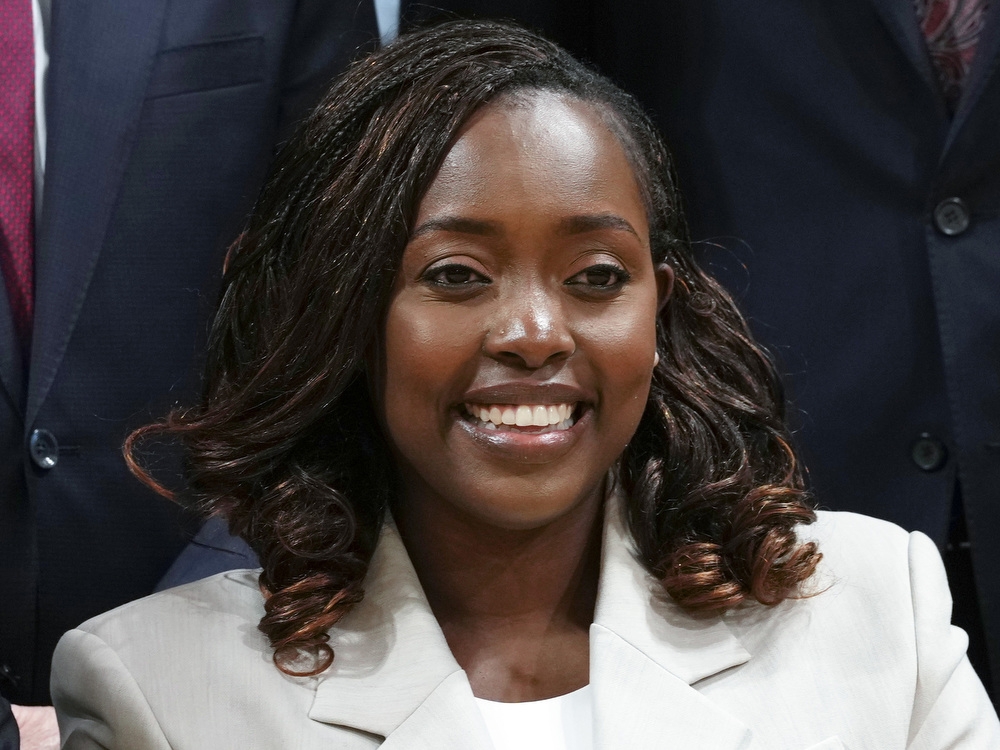A fierce debate culminated in a 6-2 vote by the Michigan State Board of Education, approving new health education standards that include discussions of gender identity and sexual orientation. The decision, reached on Thursday, ignited passionate responses from parents and community leaders, revealing deep divisions over the role of schools in shaping young minds.
For hours, the meeting room and online platforms echoed with public comment – over 100 individuals voiced their concerns, hopes, and fears. Opponents, including representatives from organizations like Citizens for Traditional Values, questioned the timing and necessity of the changes, arguing they overstep parental rights and potentially clash with deeply held religious beliefs.
Eileen McNeil, president of Citizens for Traditional Values, pleaded for a more measured approach, asking, “What is the hurry? Why now?” Others echoed her sentiment, emphasizing the primacy of parental guidance in sensitive areas of personal identity and values.
However, a powerful counter-narrative emerged from those who championed the new standards. Supporters argued that inclusive education is vital for the well-being of all students, particularly those within the LGBTQ+ community who may be grappling with their identities.
Brianna Bryant of Detroit articulated the call for change, stating that “Young people and Generation Z…are calling for comprehensive and inclusive sex ed and standards.” Many speakers shared personal stories, emphasizing the need for understanding and acceptance within the school environment.
The standards themselves aim to provide age-appropriate guidance, outlining what students should understand at each grade level. By eighth grade, for instance, the guidelines suggest students should be able to define gender identity, gender expression, and sexual orientation as distinct aspects of individual identity.
State education officials were quick to clarify that these are guidelines, not mandates, and that local school districts retain control over their curriculum. Parents also maintain the right to opt their children out of sex education without penalty, a provision already enshrined in state law.
The debate extends beyond the classroom, touching on broader cultural tensions surrounding LGBTQ+ rights. One speaker, Stella Shananaquet, drew parallels to previous battles over issues like bathroom access, observing, “Nobody’s teaching your kids gender identity. They already know. They’re just too scared to tell you about it.”
This update marks the first revision of Michigan’s health education standards since 2007, and comes after recent amendments to the Elliott-Larsen Civil Rights Act, which now explicitly protects individuals from discrimination based on gender identity. The changes are a reflection of a shifting societal landscape and a growing demand for inclusivity.
Despite assurances of local control, concerns remain among some board members. Questions were raised regarding the department’s authority to establish these standards and the potential for legal challenges, particularly given the lack of penalties for schools that fail to provide opt-out forms. The debate is far from over, with ongoing scrutiny from lawmakers and a subpoena issued for related documents.
Ultimately, the decision represents a significant step towards a more inclusive educational environment in Michigan, but it also underscores the complex and often emotionally charged nature of discussions surrounding identity, values, and the role of schools in shaping the next generation.





